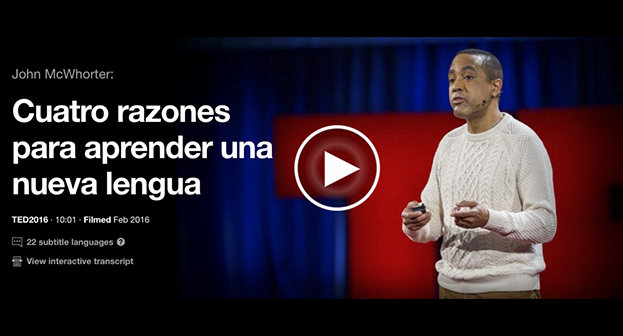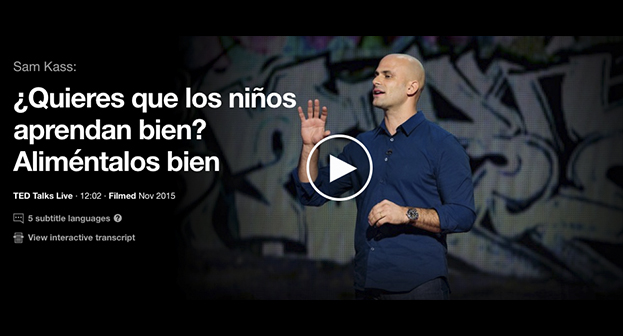Mathematics and foreign languages are the most valued subjects by Spaniards, according to a recent survey conducted by the Sociological Research Center (CIS).
The importance of both subjects is clear, but are we truly aware of why? What exactly do they contribute to the mind, to learning, to evolution, and to the future of the youngest?
Some experts who have participated in the renowned TED Talks, which cover various topics such as education, with the hope of inspiring others, provide us with some keys.
In the case of mathematics, Roger Antonsen, scientist and mathematician, argues that this science is not limited to addition, subtraction, fractions, and algebra, but it reveals the mysteries of the world and promotes empathy, imagination, and knowledge. It can even turn numbers into shapes, figures, and even music.
Here you can find his talk in English, with Spanish subtitles:

And if sciences allow for expanding horizons, creating new perspectives, and boosting mental flexibility, the learning of foreign languages does not fall behind.
In his talk, linguist and professor at Columbia University (United States) John McWhorter encourages his fellow citizens to step out of the comfort of English in its role as the unofficial universal language and venture into new linguistic universes.
Although for Spanish students, the situation is the opposite – English is the first foreign language studied – his explanations are still applicable.
Apart from the practical utility of foreign languages, McWhorter points out that they allow the brain to focus on multiple elements at once, interrelating them – what is commonly known as multitasking. But that’s not all. He believes learning languages allows one to immerse in other cultures, it’s fun, and it has never been easier than now.
Here you can watch his full talk in English, with Spanish subtitles. The most interesting part for non-English speakers starts at minute 5’50”.

And one last recommendation, here, from the former White House chef, Sam Kass (and son, brother, cousin, and nephew of teachers), who points to healthy nutrition as the key to supporting learning. A hint: less sugar and more nutrients, especially at breakfast. And, above all, a complete and adequate diet for everyone.




